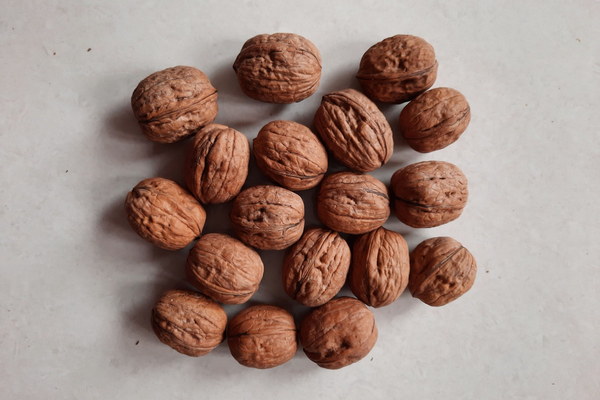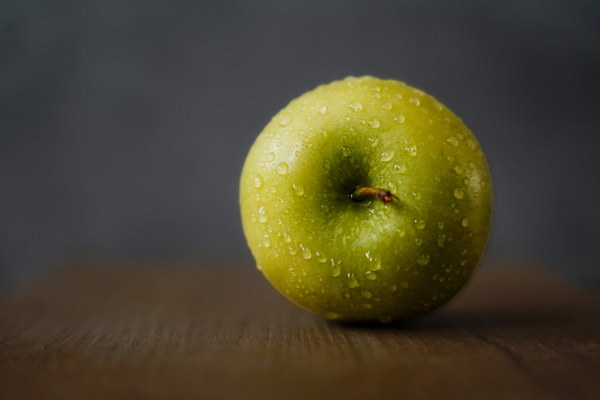The Controversial Practice of Abortion and Complementary Feeding During Pregnancy A Comprehensive Analysis
The topic of abortion and complementary feeding during pregnancy is a highly controversial and sensitive subject. While some cultures and individuals may consider it a traditional practice, others argue that it is unethical and harmful. This article aims to provide a comprehensive analysis of this practice, exploring its origins, implications, and the various perspectives surrounding it.
1. Origins of Abortion and Complementary Feeding During Pregnancy
The practice of abortion and complementary feeding during pregnancy has roots in various cultures and historical contexts. In some traditional societies, it was believed that consuming the meat of aborted fetuses could provide the expectant mother with the necessary nutrients to maintain a healthy pregnancy. This belief was rooted in the idea that the fetus contained the essence of the mother's life force, and consuming it could enhance her fertility and overall well-being.
2. Ethical Concerns and Risks
The ethical concerns surrounding the practice of abortion and complementary feeding during pregnancy are multifaceted. One of the primary concerns is the moral implications of killing a fetus for the sake of nourishment. This raises questions about the sanctity of human life and the value of fetal rights.
Furthermore, the risks associated with consuming aborted fetal meat are significant. There is a potential risk of transmitting infectious diseases, such as HIV and hepatitis, as well as other pathogens that can be transmitted through blood. These risks can pose severe health consequences for the expectant mother and her developing fetus.
3. Perspectives on the Practice
There are various perspectives on the practice of abortion and complementary feeding during pregnancy. Proponents argue that the benefits of this practice, such as the belief in improved fertility and overall well-being, outweigh the ethical and health risks. They also point to the cultural significance of this practice and its role in preserving traditional beliefs and practices.
On the other hand, opponents argue that the practice is inherently unethical and harmful. They emphasize the moral implications of killing a fetus for the sake of nourishment and the potential health risks associated with consuming aborted fetal meat. They also argue that the practice perpetuates harmful stereotypes and promotes the objectification of women and fetuses.

4. Legal and Policy Implications
The legal and policy implications of abortion and complementary feeding during pregnancy vary by country and region. In some places, the practice is illegal and strictly regulated, while in others, it may be permitted under certain circumstances. The varying laws and regulations reflect the diverse societal attitudes and beliefs surrounding this topic.
5. Conclusion
The practice of abortion and complementary feeding during pregnancy is a complex and controversial issue. While it may have roots in traditional beliefs and practices, the ethical concerns and health risks associated with this practice cannot be overlooked. As society continues to evolve and grapple with the moral implications of abortion, it is crucial to engage in open and respectful dialogue to promote understanding and compassion for all stakeholders involved.
In conclusion, the topic of abortion and complementary feeding during pregnancy requires careful consideration of ethical, health, and cultural factors. While some may argue that the practice holds cultural significance, it is essential to prioritize the well-being and rights of all individuals involved. As society progresses, it is crucial to address these concerns with sensitivity and respect, ensuring that the rights and safety of both expectant mothers and their developing fetuses are upheld.









